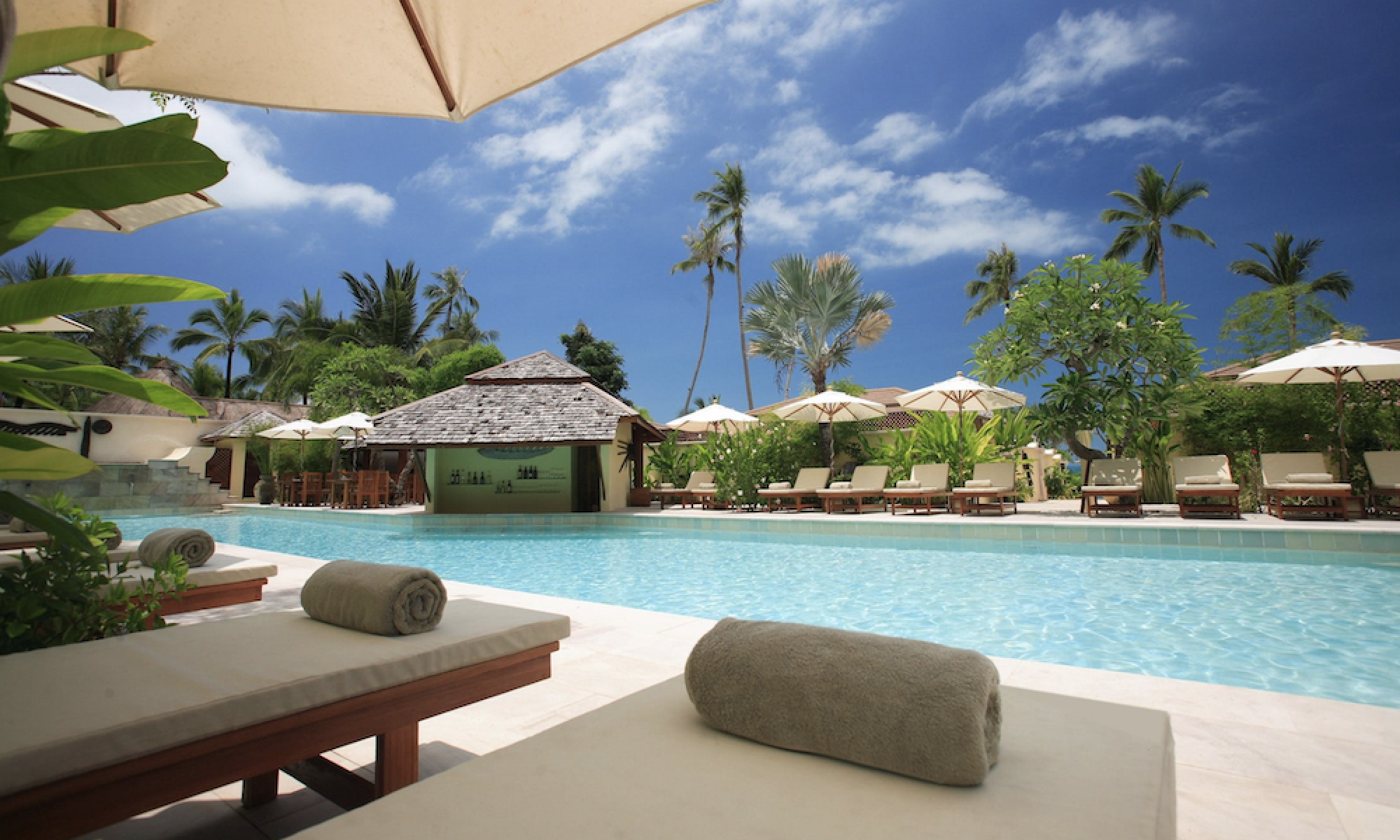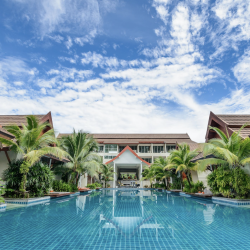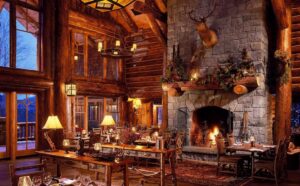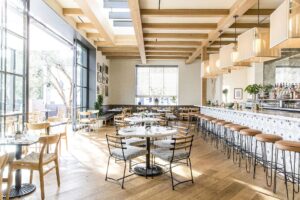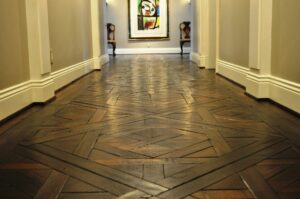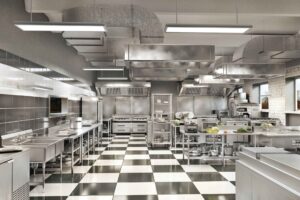In the world of hospitality, creating a cozy and inviting atmosphere is crucial for a hotel’s success. Fireplaces, with their warm glow and crackling flames, play a significant role in achieving this ambiance. However, beyond mere aesthetics, hotels must prioritize the safety of their guests and staff. This is where regular fireplace inspections come into play. In this blog post, we will delve into the reasons why a hotel should prioritize fireplace inspections, exploring the crucial aspects of safety, compliance, and overall guest satisfaction.
Ensuring Fire Safety
The primary and most critical reason for conducting regular fireplace inspections in hotels is to ensure fire safety. Fireplaces, if not properly maintained, pose a potential hazard. Issues such as creosote buildup, faulty wiring, or malfunctioning gas components can lead to fires that endanger both guests and property. Through routine inspections, hotels can identify and address potential fire risks, mitigating the chances of accidents and ensuring a secure environment for everyone.
Compliance with Regulations
Hotels are subject to various building codes and regulations, and fire safety is a top priority in these guidelines. Regular fireplace inspections are a key element of compliance with these regulations. Failure to adhere to the specified safety standards can result in severe consequences, including legal penalties and, in extreme cases, closure. By conducting inspections, hotels demonstrate their commitment to compliance, creating a secure and lawful environment for guests and staff.
Extending Fireplace Lifespan
Fireplaces, whether traditional wood-burning or modern gas units, require regular maintenance to prolong their lifespan. Neglecting inspections and necessary repairs can lead to premature wear and tear, reducing the efficiency and functionality of the fireplace. Regular inspections allow hotels to identify minor issues before they escalate, thus extending the lifespan of their fireplaces and maximizing their investment.
Enhancing Guest Experience
Guest satisfaction is at the core of the hospitality industry. A well-maintained and safe fireplace adds to the overall guest experience, creating a warm and welcoming atmosphere. Guests often seek accommodations that offer unique and comfortable amenities, and a functioning fireplace contributes significantly to this perception. Regular inspections ensure that the fireplace remains a positive highlight rather than a potential source of inconvenience or danger.
Preventing Operational Disruptions
A malfunctioning fireplace can lead to operational disruptions for a hotel. Whether it’s a heating issue during the colder months or the need for urgent repairs, such disruptions can impact the overall guest experience and lead to negative reviews. Scheduled inspections help hotels identify and address potential problems before they escalate, preventing operational disruptions and maintaining a seamless guest experience.
Conclusion
In conclusion, the importance of a fireplace inspection near me for hotels cannot be overstated. From ensuring fire safety and compliance with regulations to extending the lifespan of the fireplace and enhancing the overall guest experience, regular inspections are a proactive approach to maintaining a secure and inviting environment. Hoteliers should view fireplace inspections not only as a safety requirement but also as an investment in the longevity and success of their establishment. By prioritizing these inspections, hotels can strike the right balance between aesthetics and safety, creating a memorable and secure experience for their guests.
